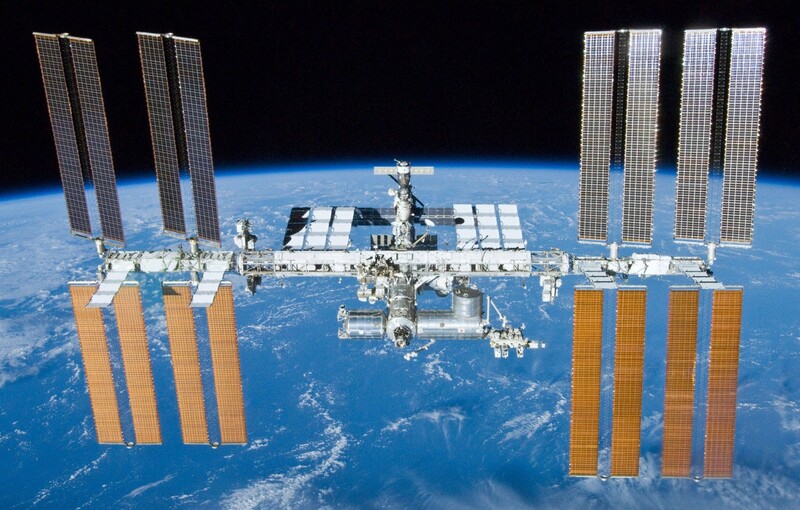Space startup Vast has partnered with Elon Musk’s SpaceX to launch a school bus-sized space station into orbit by 2025, as private companies race to capture low-orbit real estate.
Why it’s happening: The International Space Station (ISS), a bright beacon of multinational cooperation, will retire by 2031 with a graceful crash into the Pacific Ocean. NASA wants private companies to step up for the next-gen of low-orbit space stations, both to save themselves the headache of running things and as a means to open up the space economy.
- In 2021, NASA awarded US$415 million to four companies (including Jeff Bezos' Blue Origin) to help fund their private space stations.
- Vast was not among the recipients but, per the company’s president, is aiming to receive NASA funding by 2028.
Why it matters: Private space stations would be one giant leap for commercializing space, which could bring benefits to us Earthbound folks. One space policy expert told The Daily Beast that initial commercial pursuits will likely involve companies observing the globe for sellable data regarding important issues like climate change, land use, migration, and war.
- After that, private industry will turn its attention to getting humans into space (hello, fancy space resorts) and tapping into the potential of the resource-rich Moon.
Yes, but: In the short term, it could be hard to drum up dollars outside of NASA amid a private capital slump. Investors are currently more risk-averse, and let’s just say that “space tech company founded by crypto billionaire” doesn’t exactly scream low risk. Especially when the recent track record of private space launches hasn’t been too inspiring.—QH
